No longer an option, green transformation in tourism has become a mandatory requirement for long-term, responsible development and a sustainable future. This is also the common view of managers, experts and businesses at the Forum "Developing Green Destinations, Elevating Vietnam Tourism," organized by the Vietnam Tourism Association, which took place this morning, April 11, in Hanoi.
Helps deepen the experience
Experts affirm that tourism is not only a comprehensive economic sector that makes important contributions to GDP growth, job creation and cultural exchange, but is also indispensable in the national sustainable development strategy.
However, in the context of the global context facing a series of unprecedented challenges such as climate change, environmental pollution, biodiversity loss and resource depletion, the tourism industry is forced to transform strongly. In particular, green transformation is no longer an option, but has become a mandatory requirement if tourism wants to develop sustainably and responsibly for a sustainable future.
Faced with this urgent reality, Chairman of the Vietnam Tourism Association Vu The Binh said that the Association has focused on developing and promulgating the Green Tourism Criteria (VITA GREEN), with the aim of creating a practical, clear tool that can be applied to member destinations and tourism businesses across the country. “Today’s forum is one of the key activities to spread awareness, share experiences and promote practical actions in the green transformation process of the Vietnamese tourism industry,” Mr. Vu The Binh emphasized.
Affirming that the United Nations Development Programme (UNDP) vision of green destinations is not limited to community conservation efforts in marine areas and protected areas, UNDP Deputy Resident Representative in Vietnam, Mr. Patrick Haverman said: “We also see the important role of green transport. Encouraging visitors to prioritize eco-friendly travel options not only deepens their experience but also directly contributes to cleaner air and towards Vietnam’s ambitious net zero emissions targets.”

According to Mr. Patrick Haverman, the pilot project in Phu Yen province and Hue city, with the recent launch of “Green Transport Check-in and Sharing” stations in Tuy Hoa and Hon Yen, is a concrete step to realize the above orientation. By promoting the green transport sharing model and raising awareness in the local community, UNDP is gradually creating the foundation for a truly sustainable green tourism ecosystem.
Examples of sustainable models
Recently, many localities and businesses have realized that developing green and sustainable tourism is the way to affirm brand value in the global tourism market, making an important contribution to improving the competitiveness of the economy.
Tra Que Vegetable Village, Hoi An, Quang Nam Province is a typical example. Every year, thanks to the local government's orientation to develop sustainable tourism through building green tourism routes, focusing on exploiting tourism products that harmonize the value of natural resources and social culture, this destination creates a special attraction, regularly welcoming a large number of international tourists.
People working in tourism in Tra Que vegetable village also guide and share experiences with other tourist attractions in the city to replicate and promote the practice of green tourism models.
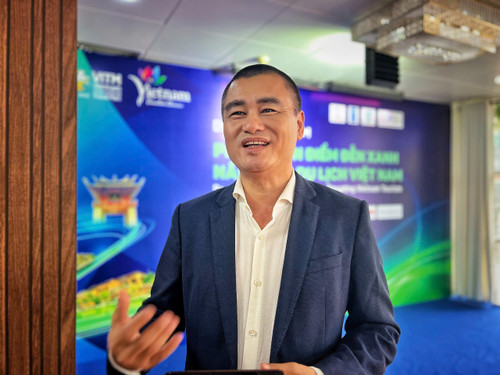
Meanwhile, from a business perspective, LuxGroup Chairman Pham Ha said that at LuxGroup and especially its member company Lux Travel DMC, sustainable development thinking has been established since its inception. This is not only a brand statement, but also a specific commitment to action, consistent in all strategies and activities of the business.
Joining hands with the green transformation tourism industry, Lux Travel DMC chooses the path of sustainable tourism development through a commitment to using green transportation, optimizing journeys to reduce fuel, conducting net emission audits; supporting local communities such as developing tourism associated with culture, heritage and livelihoods of local people. In particular, this unit also implements carbon offset programs by contributing 1.5 USD/tourist to support afforestation projects, nature conservation and protection of indigenous cultures in Vietnam.
“Loyal” to the path of sustainable tourism, Tra Que vegetable village was honored by the United Nations Tourism Organization as “The best tourist village in the world” in 2024. This achievement is thanks to the locality’s strong commitment and adherence to three main pillars of sustainable tourism development, including environmental protection, cultural preservation and improving the quality of life for the local community.
Lux Travel DMC recently also passed 250 strict criteria of Travelife - an international assessment and certification system for sustainable development to receive the Travelife Certified sustainable tourism certification. Notably, only 500 businesses worldwide have received this certification.
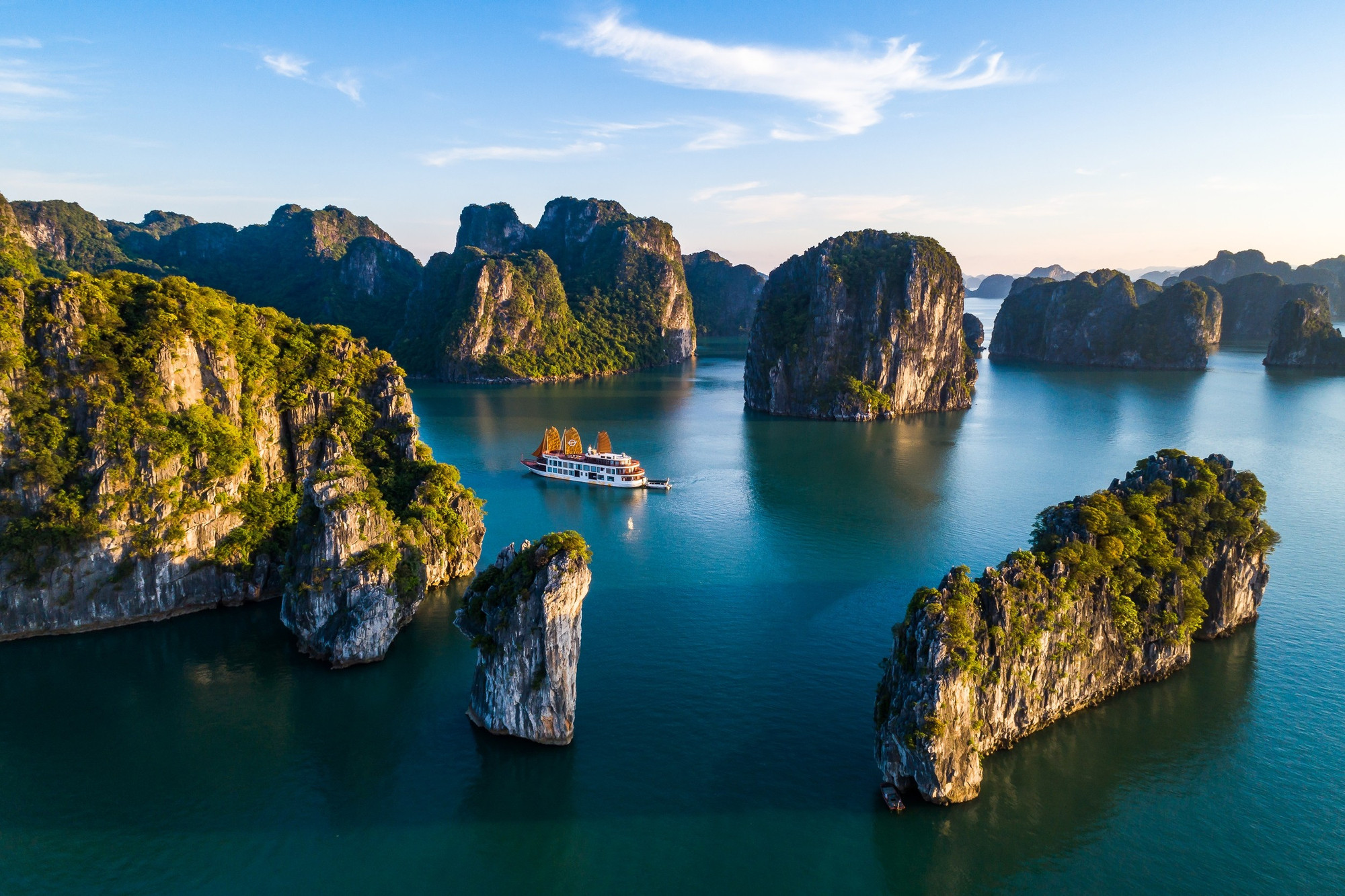
“The green road is not paved with roses”
Although the company has achieved initial success on the sustainable green journey, according to CEO Pham Ha, this “green path” is really “not paved with roses.” Because businesses will face the biggest pressure, which is the economic problem of investing in energy-saving equipment, waste treatment, environmentally friendly materials, etc. All of which require high costs and long payback periods. Mr. Ha, for example, at LuxGroup, has completely replaced disposable plastic bottles, used cloth bags instead of nylon bags, and equipped offices and yachts with energy-saving equipment.
In addition, the lack of uniform awareness in the supply chain and market is also a major obstacle. Convincing partners, especially in remote areas, to commit to green standards is always a difficult problem that needs to be solved through dialogue, training and technical support. Moreover, green tourism products not only require a clear value positioning and communication strategy, but also have difficulty competing, because of high prices, making it difficult to access the mass market. In Vietnam, green businesses have not yet enjoyed specific incentives on taxes, credits, product bidding or market access, especially for small and medium enterprises, which may also make them reluctant to switch to green tourism.
To solve the above-mentioned bottlenecks, according to Mr. Patrick Haverman, the green transformation process in tourism in Vietnam needs to focus on four key issues: green planning; effective destination management; plastic-free and low-carbon tourism; and sustainable tourism based on nature.
Agreeing with the UNDP representative, the Secretary General of the Vietnam Tourism Association, Mr. Vu Quoc Tri, said that the core of a “green destination” must first be zero plastic waste. Of course, to have a truly green destination, there is still much to do, such as using clean energy, protecting the environment, preserving local culture, and maximizing local advantages.

To reduce carbon emissions, according to the Director of the Institute of Tourism Economics, Professor, Doctor Nguyen Van Dinh, the tourism industry should use environmentally friendly means of transport (electric cars, bicycles, public transport); encourage nature-friendly tourism, reduce long-term air travel; limit the use of disposable plastic in hotels and restaurants; save water, electricity and apply renewable energy in accommodation facilities. Protect the ecosystem, do not overexploit natural resources.
“However, green transformation in tourism requires the development of community tourism and circular economy, including supporting traditional craft villages, creating jobs for local people, prioritizing organic products, food and local crafts. At the same time, raising awareness and responsibility for tourism in the direction of educating tourists about sustainable tourism; encouraging tourists to participate in nature protection activities,” said Professor, Dr. Nguyen Van Dinh.
Green transformation is a long-term journey, requiring determination, consensus and perseverance from all parties, from macro policies, business investment, community response to tourist consumption choices. Mr. Vu The Binh pledged that the Vietnam Tourism Association will continue to accompany, support, promote and spread green initiatives, contributing to making Vietnam's tourism industry more responsible, humane and sustainable.
The path to upgrading Vietnam’s tourism through developing green destinations is not only an aspiration but also an inevitable requirement and a strategic opportunity. “UNDP Vietnam is committed to working closely with the Ministry of Culture, Sports and Tourism, the Vietnam Tourism Association and all partners on this landmark transformation journey. Because a green transformation in tourism is not only a strong driver for economic growth but also a solid shield to protect Vietnam’s invaluable natural heritage for future generations,” Mr. Patrick Haverman affirmed./.
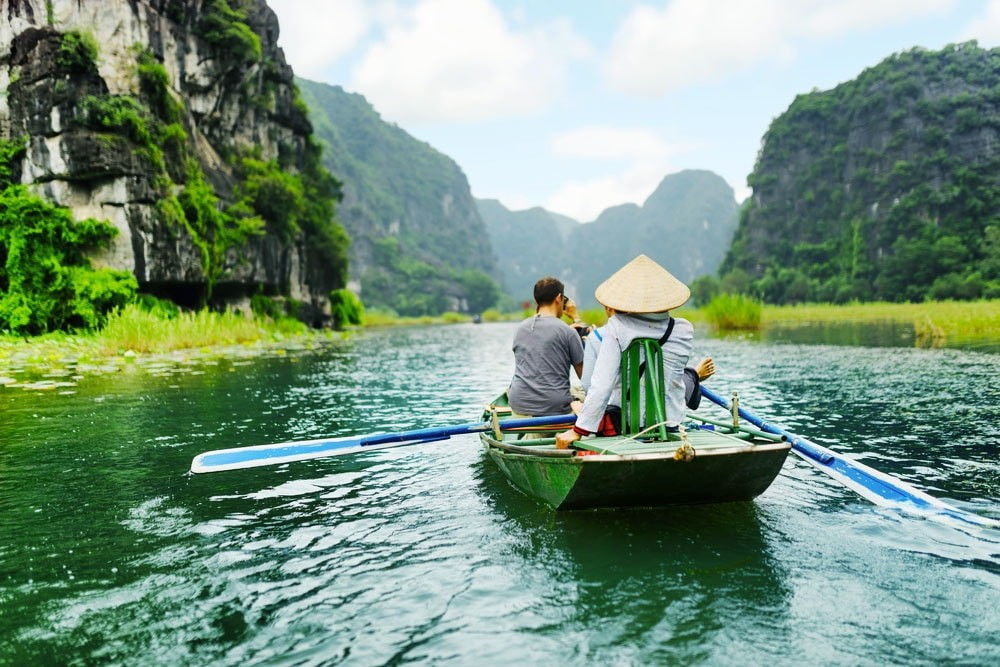
Source: https://www.vietnamplus.vn/chuyen-doi-xanh-trong-du-lich-con-duong-khong-trai-hoa-hong-post1027161.vnp


![[Photo] National Assembly Chairman Tran Thanh Man received a delegation of the Social Democratic Party of Germany](https://vphoto.vietnam.vn/thumb/1200x675/vietnam/resource/IMAGE/2025/10/28/1761652150406_ndo_br_cover-3345-jpg.webp)



![[Photo] Draft documents of the 14th Party Congress reach people at the Commune Cultural Post Offices](https://vphoto.vietnam.vn/thumb/1200x675/vietnam/resource/IMAGE/2025/10/28/1761642182616_du-thao-tai-tinh-hung-yen-4070-5235-jpg.webp)
![[Photo] Flooding on the right side of the gate, entrance to Hue Citadel](https://vphoto.vietnam.vn/thumb/1200x675/vietnam/resource/IMAGE/2025/10/28/1761660788143_ndo_br_gen-h-z7165069467254-74c71c36d0cb396744b678cec80552f0-2-jpg.webp)
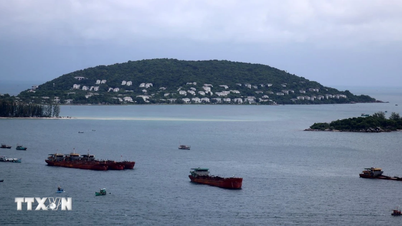
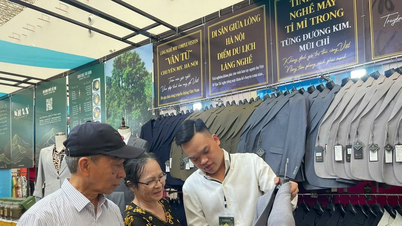


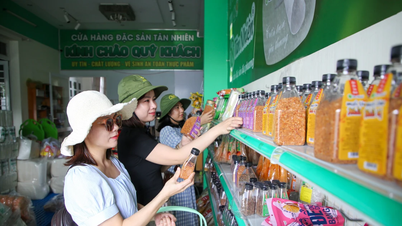







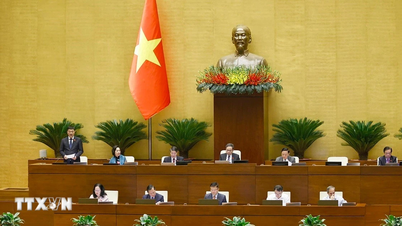
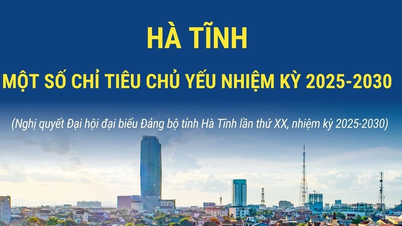

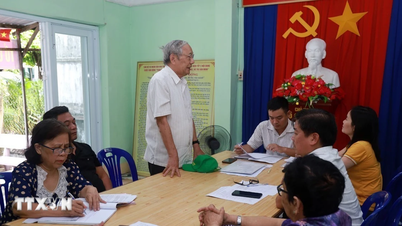
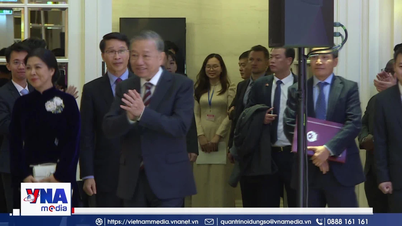
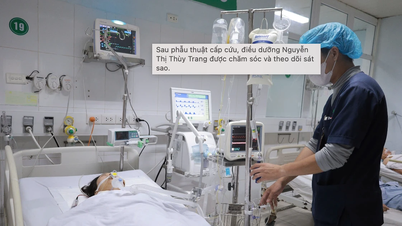
![[Photo] President Luong Cuong attends the 80th Anniversary of the Traditional Day of the Armed Forces of Military Region 3](https://vphoto.vietnam.vn/thumb/1200x675/vietnam/resource/IMAGE/2025/10/28/1761635584312_ndo_br_1-jpg.webp)




















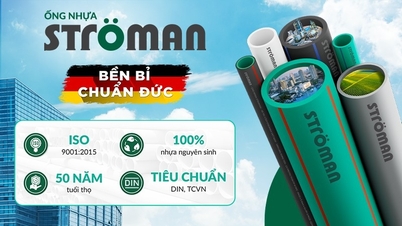

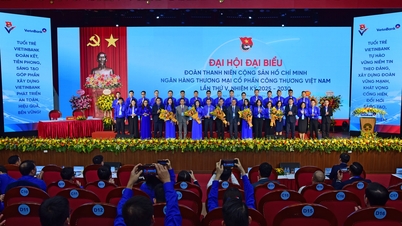
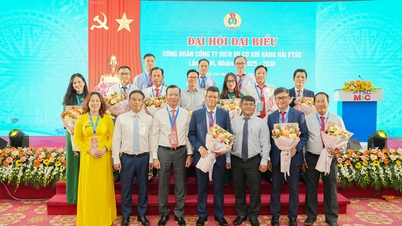
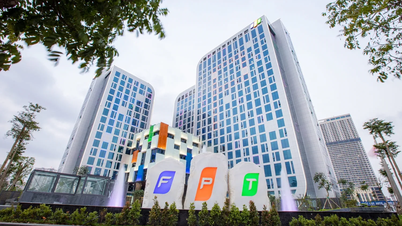
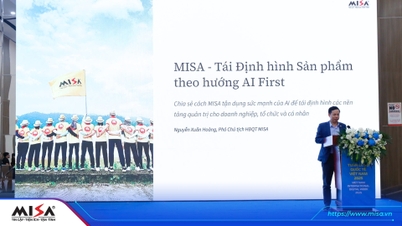







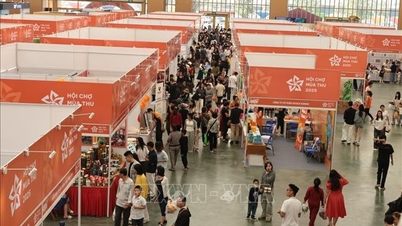

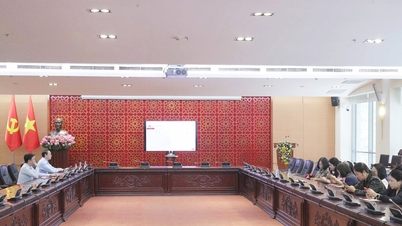

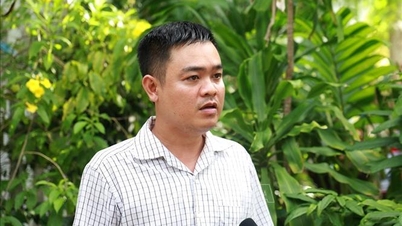








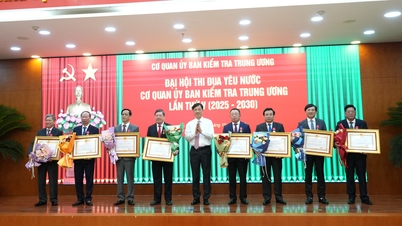

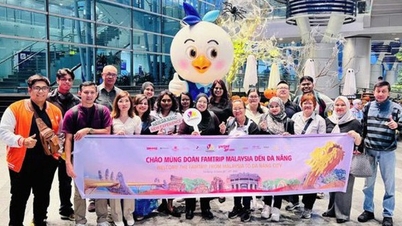
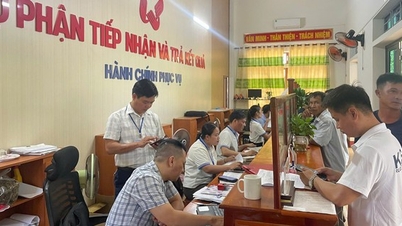

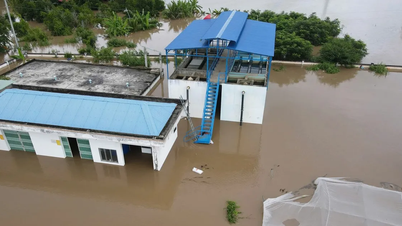


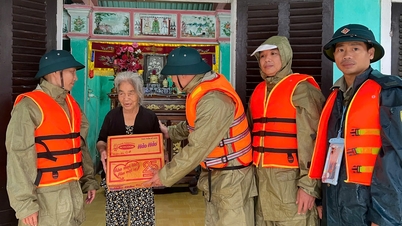

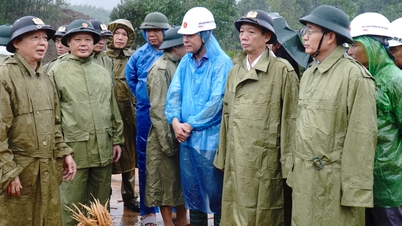
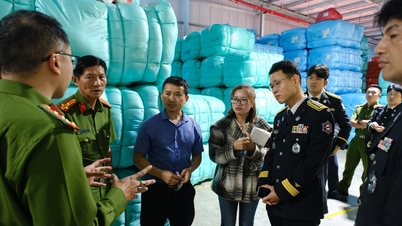

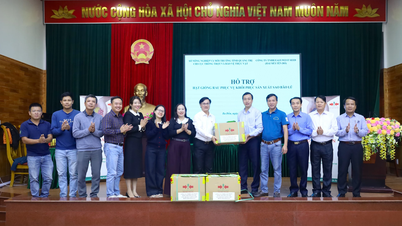













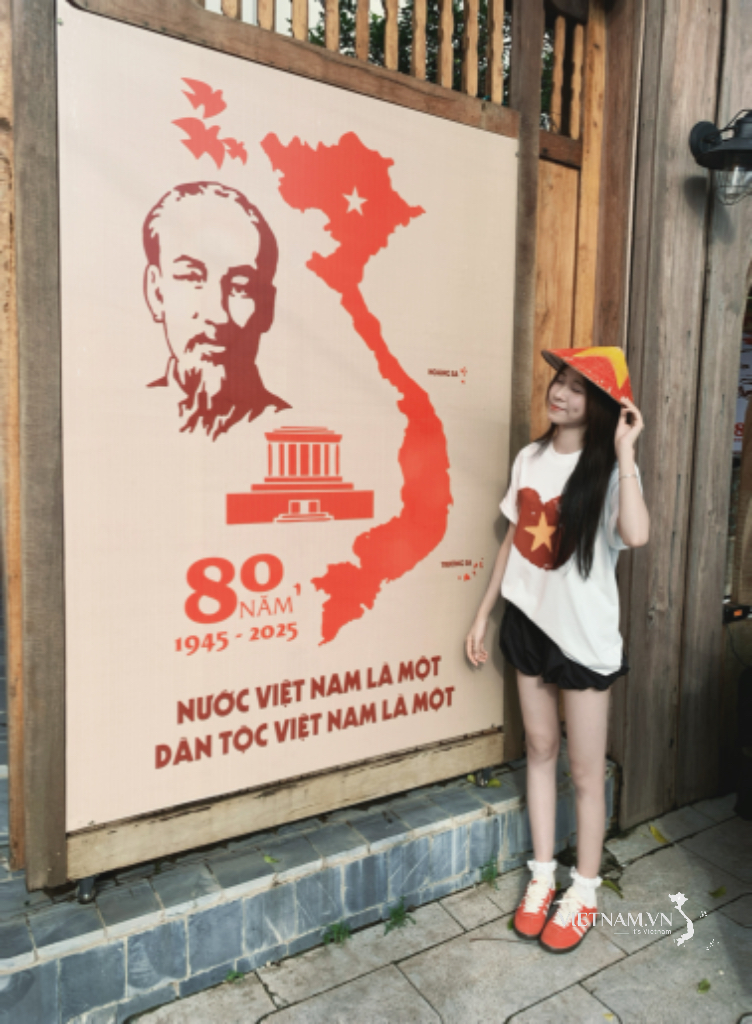


Comment (0)